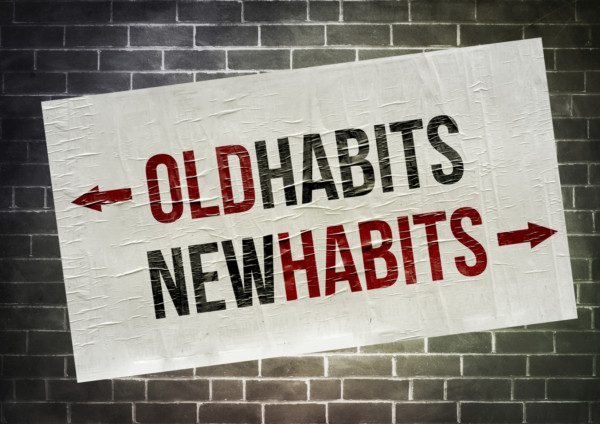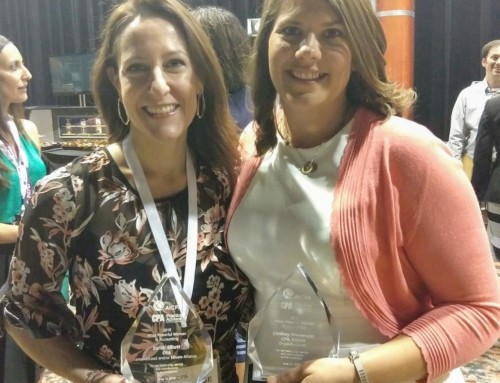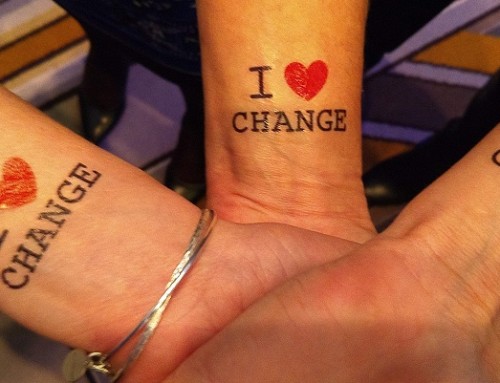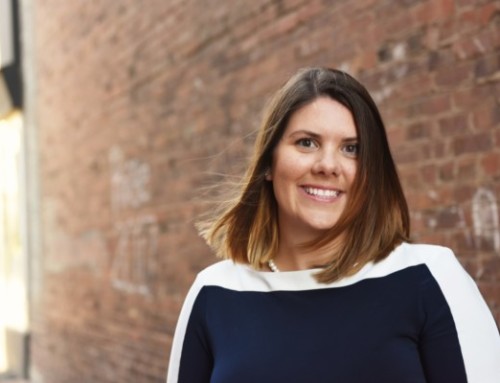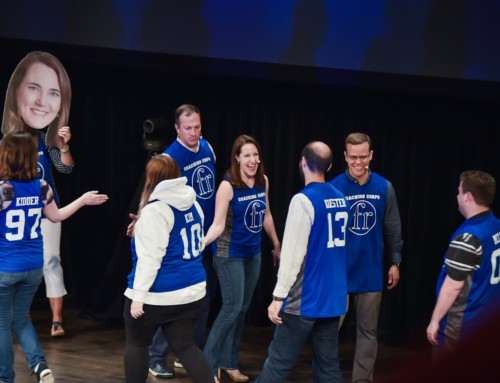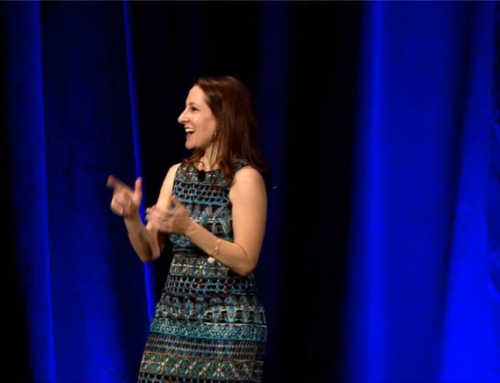Our habits really matter. Our habits dominate our days. Our actions. Our results. Our lives. They create our future, one occurrence at a time.
And our habits are hard to change.
Have you ever, after a vacation or at the start of a new year, figured out how you want your days to change? Maybe you mapped out a new morning? Tomorrow you will start waking up at 6:00 a.m., you will do yoga for 30 minutes, prepare a really healthy breakfast, and then you will review your long-term (inspiring) goals. That sounds like a great morning routine!
How long did that last? Maybe you did it for a few days, even a few weeks. But after that period, your mornings were right back to where they were before this “change” occurred to you.
You failed at habit change.
Why is it so hard to change your habits?
It’s easy to fail, because your brain is working against you! Your brain is your #1 enemy when it comes to habit change. Your brain works to become more efficient through the use of existing habits. It does not want to give them up!
Think about the first day you had to drive to a new job. You had to figure out how to get there. Even if you were using a GPS, you had to focus hard on where and when to turn. You had to use your brain … a lot.
Now fast forward one year later. You are driving to work. You are not focused on how to get there. You don’t put much conscious thought into what lane you need to be in, or where you need to turn. Instead, you worry if you are going to be late, or mentally rehearse that big presentation you have today.
The brain has evolved to work this way. Scientists believe habits are stored away in an inner part of the brain called the basal ganglia. The brain is constantly looking for ways to save itself effort. To become more efficient. By storing habits in the basal ganglia, the rest of the brain is freed up for other things that require your current focus.
This makes our lives much easier. We don’t have to consciously choose to enact certain habits. They simply get triggered and run … in the background.
But this becomes a problem when we want to change a habit that is stored in our basal ganglia. Those habits happen automatically, and many times without our being aware of them.
We must intentionally get the attention of our basal ganglia. We must re-train our subconscious brain.
The first step to changing your habits
The first step to doing that is to realize how habit change should start. When you want to change a habit, in most cases you are not just creating some new type of action or thought. You are most likely replacing some other habit.
If you want to break an old habit or start a new one, first become conscious of the habit you will be replacing …
If you want to show up as a more confident leader in front of a group by using stronger body language, first notice what your current body language is when you are in front of a group.
If you want to delegate more work to your staff, first notice how you decide to take it on yourself when a new request or assignment comes your way.
If you want to use a softer tone when telling your child not to do something, first notice the tone you use currently.
When you first notice the habit you want to change or replace, you are already on the road to true habit change. Just notice it. Do this for a week or more. If you can notice it more than ten times, you have brought the habit out from your subconscious.
When will you take the first step?
Now you know how habit change starts. You understand that your brain wants to hold on to your already formed habits. You realize the best way to create a new habit is to replace a habit you already have. But first, you must notice the habit you want to replace.
Your habits matter. Are you ready to start noticing them?
![]()
This is the second post in a series on habits. The first post is here. Our intention for this series is to help you learn how habits work so you can create new habits that can transform your life and your impact on others.
When you change your habits, you change your life.” – Gretchen Rubin


